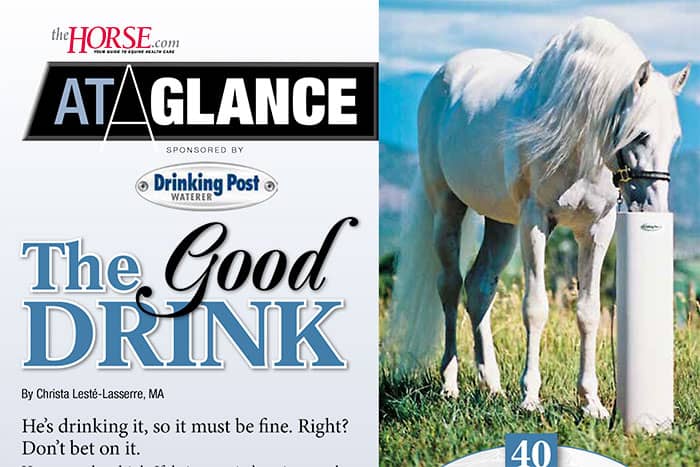
At a Glance: The Good Drink: Keeping Horses Hydrated
To ensure your horse stays hydrated, provide him with fresh, clean, clear water at appropriate drinking temperatures. Here’s how.
Design and maintain a healthy horse operation

To ensure your horse stays hydrated, provide him with fresh, clean, clear water at appropriate drinking temperatures. Here’s how.

Study: Horses stalled on nonedible bedding ‘rebounded’ during the day, consuming their daytime rations faster with fewer pauses than horses living on straw.

Learn about your horse’s health, behavior, and personality as you acclimate him to a new home, diet, and herd.

Here’s a list of questions all horse owners should answer before their horses colic.
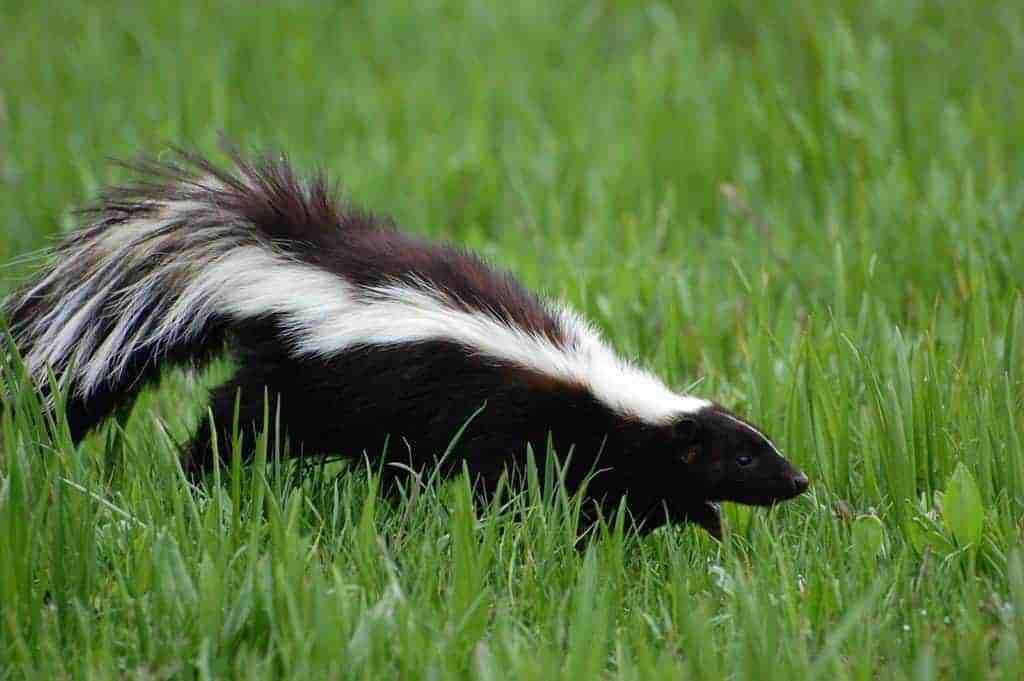
Follow these steps to remove the pungent odor if your horse gets skunked.

Horse owners are rightfully concerned about their horses’ lung health after wildfire smoke exposure. But can the smoke and ash also affect their pastures and forage?

Vitamin E serves as one of the body’s most potent antioxidants, protecting various cells—including those of the immune system—from the harmful effects of free radicals.
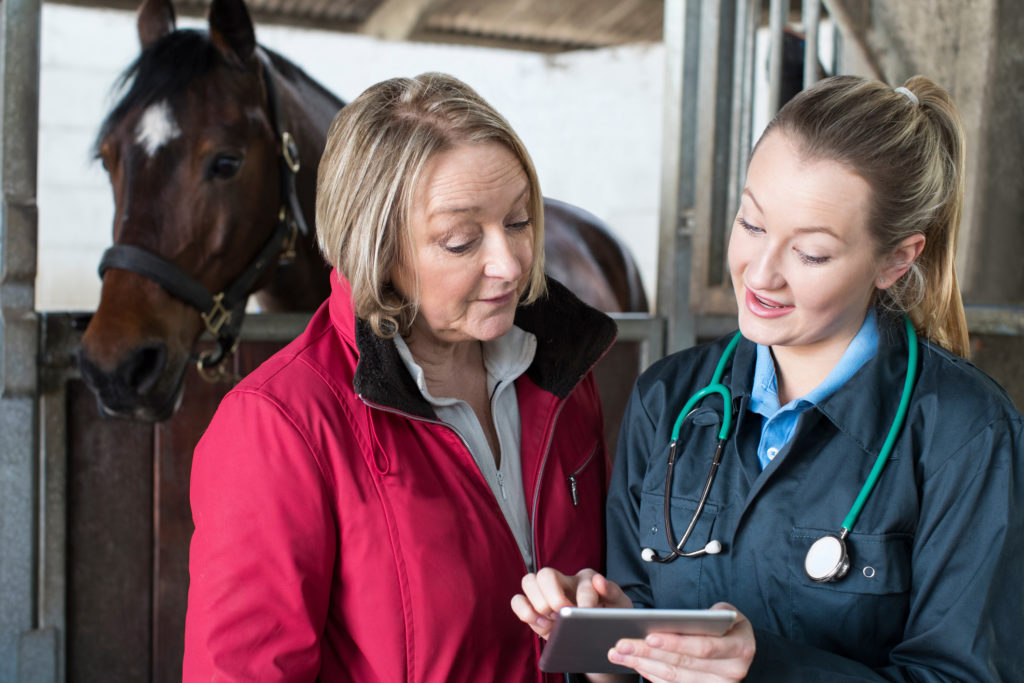
Here’s how farm managers responsible for large numbers of horses can ensure they stay up to date on vaccines, deworming, and more.

Fire remains a threat to equine operations worldwide. Learn how to protect yours from barn and wildfires.

Before you bring a horse home, there’s a host of things to prepare and much to consider. Our sources share their recommendations for owners making the transition to at-home horse care.
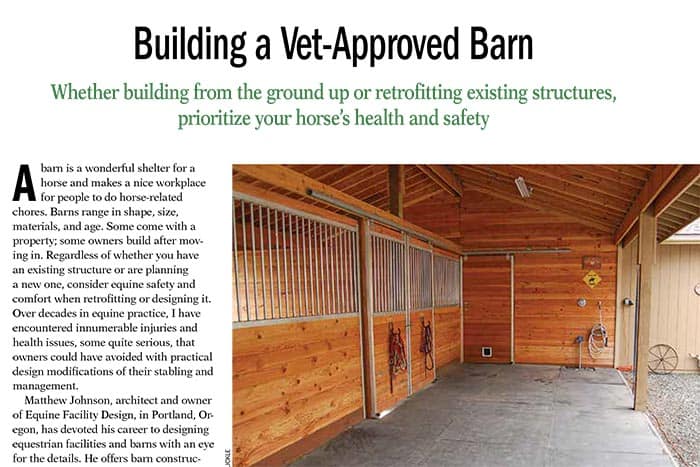
Attention to small design details can make barns safer and more comfortable for you and your horse, along with improving chore efficiency. Download this free report for tips on constructing or retrofitting your barn to optimize horse health and reduce accidents and injury.

Using a mounting block is better for your horse’s body and helpful if you have physical issues that make mounting difficult. Here are plans for how to build a sturdy mounting block that will serve you for years.

The state is not requiring health certificates or Coggins tests for horses evacuating from neighboring Oregon due to wildfire. The Washington State Veterinarian is recommending strict biosecurity measures for out-of-state horses during this emergency.
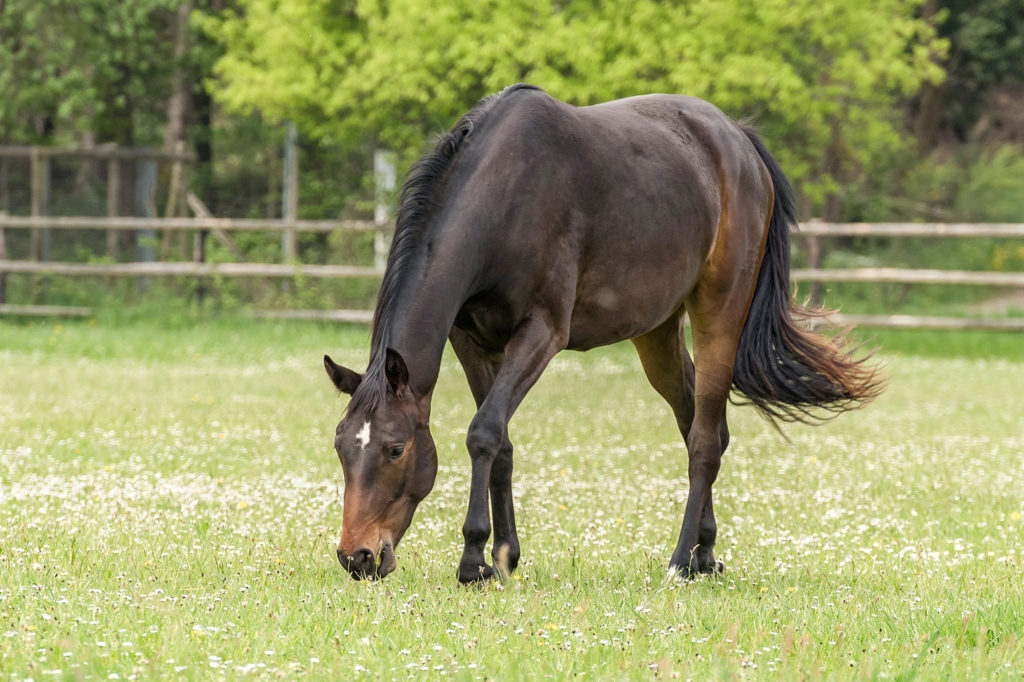
Learn about forage types and how to select the right one for your horse’s pasture.

The Moody family evacuated ahead of hurricanes Marco and Laura. Here’s their advice to other horse owners facing natural disasters.

Learn about the science behind creating safe racing surfaces from Mick Peterson, PhD, director of the University of Kentucky’s Racetrack Safety Program.
Stay on top of the most recent Horse Health news with
"*" indicates required fields